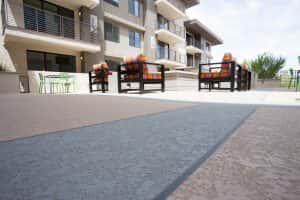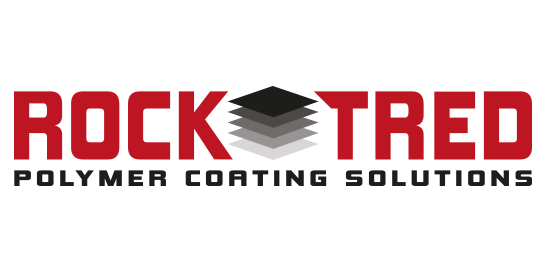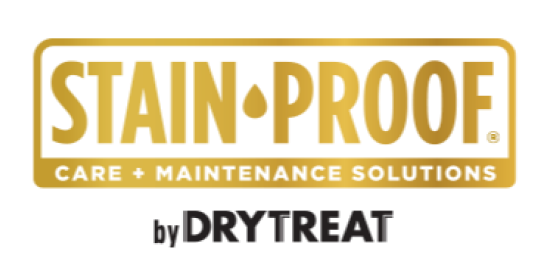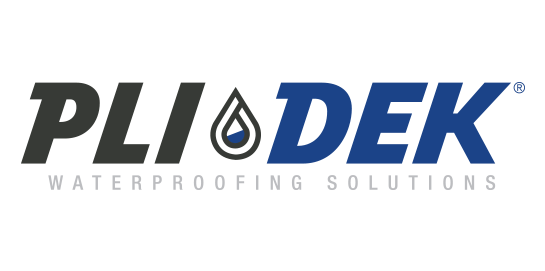The Importance of Code Compliant Testing on Waterproofing Systems
Always use manufacturers that are code compliant and industry certified when choosing the best waterproofing system for your job. Code compliant manufacturers are those with proprietary systems that have been tested through independent assembly testers and industry regulatory agencies. Two of these agencies that test for code compliance are the American Society for Testing and Materials (ASTM) and the ICC-ES (a subset of the International Code Council).
 It is important to use certified waterproofing systems for many reasons which include many of the following:
It is important to use certified waterproofing systems for many reasons which include many of the following:
- Protecting your company’s reputation for quality workmanship.
- Reassuring the customer’s expectation of a long-lasting and durable flooring system.
- Adhering to industry regulations regarding safe materials and best installation practices.
- Testing for public safety which is important to business owners.
Important Code Compliance Tests
The following is a list of the most important and comprehensive industry tests required for a waterproof system to pass standard code compliance requirements.
Assembly Testing
Assembly testing is an independent test that determines the degree to which the waterproofing system successfully integrates with other building components. It also seeks to qualify which systems and materials work best with specific construction elements. This might include the type of existing flooring substrate and the building’s structural support members.
It is important to have the right combination of materials and components to fit the required application. Assembly testing assures the owner that certain waterproof deck coatings are appropriate for a plywood floor base while others are best used as concrete coatings. This type of testing is important for the following reasons:
- Architects will use these test results to properly specify design components and estimate the costs of flooring systems for new construction.
- Contractors obtain assurance that the waterproofing system will perform as described by the manufacturer when installing properly.
- Business and residential homeowners will rely on certified manufacturer’s to produce high-performance waterproofing systems for everyday use.
One-Hour System Test
The one-hour system test is another test that considers the various building materials that are integrated as a complete flooring system. This is a standard testing procedure that exposes the system to intense heat and flames to determine the fire-resistance rating for construction.
Building systems that have a one-hour fire-resistance rating do not act as an accelerant and will maintain their structural integrity for one-hour. This rating is important for the following reasons:
- This gives occupants a chance to exit the structure safely.
- Firefighters have a set time-frame in which they can extinguish the fire.
Building systems that have a one-hour class A rating are considered noncombustible, nonflammable and ignition resistant.
Water Vapor Transmission
Waterproofing composites and membranes undergo the water vapor transmission rate (WVTR) test to determine how water-permeable they are. This test will provide reference data in which to compare different waterproofing system’s ability to prevent water infiltration.
For instance, a low permeable flooring system will protect from both ‘damping moisture’ from the soil beneath and ‘liquid water’ from above. Otherwise, damage can result from blistering, bubbles, or cracks in the finished floor if left unchecked.
Chemical Resistance Tests
Chemical resistance tests evaluate the waterproofing resistance from a chemical attack. This test applies to many surface types such as composites and polymers. Chemical resistance tests rate on how solutions such as cleaning agents, lubricants, foods, inks, road salt, and other substances are expected to degrade the waterproofing ability of the surface. This type of test is equally important for industrial, commercial and residential flooring alike.
Epoxy floors are one type of coating that is a preferred choice for industrial and showroom flooring. This type of flooring is highly resistant to chemicals, abrasions, and impact. Because of these qualities epoxy floors have a high chemical resistance rating.
Bond Strength Testing
Bond strength testing is the force required to cause separation of the waterproofing system from the subfloor. ASTM D7105-06 is a common test protocol to determine such bond strength. Both adhesion (the grip between two different substances) and cohesion (the stability of the composite material to maintain a molecular bond with itself) are tested to determine the point of failure.
Waterproof coatings with excellent bond strength are crucial to prevent the multiple layers from separating. The layers tested include everything from the base coat all the way through to the decorative finish. Bond strength testing ensures that these layers are safe from separating or peeling for a long life of use.
Contact us to discuss our industry certified waterproof deck coatings and epoxy professional flooring systems. When waterproofing systems are tested and certified they provide a low-maintenance flooring that will last for years.











